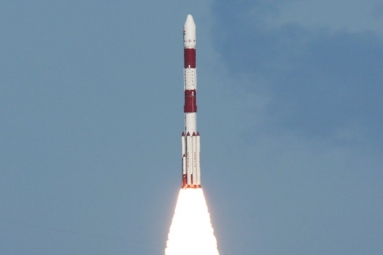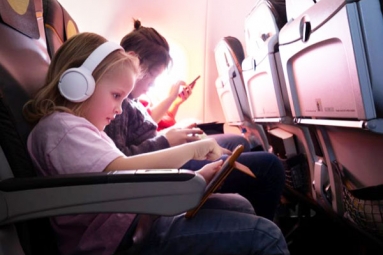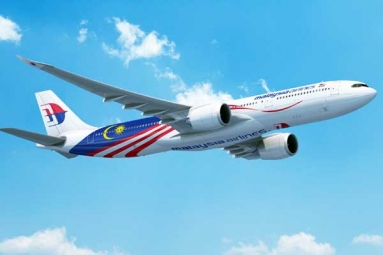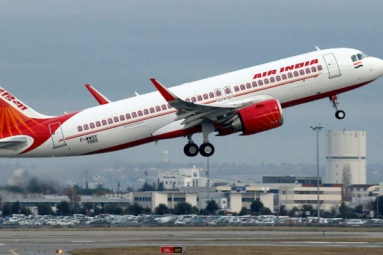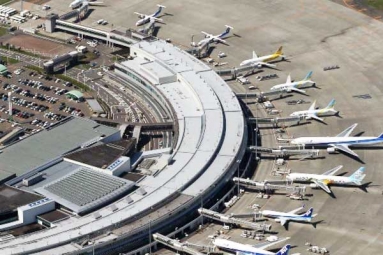Artificial Intelligence May Help Air Travelers Save Money: Researchers
August 03, 2019 08:26
Researchers, including an Indian origin at the University of Illinois, are using Artificial Intelligence (AI) to help airlines price services such as seat reservations and checked bags in a way that is advantageous to customers, as well as to airline industry.
The researchers used unbundling to meet the needs of customers while also maximizing airline revenue with individualized, intelligent pricing models offered in real-time as customer stores.
According to researchers, airlines operate on very slim margins. While they earn an appreciable portion of their revenue on ancillary acquisitions, unbundling can provide cost-saving opportunities to customers, as well.
Customers don't have to pay for things they don't need, and discounts offered to customers who may otherwise pass on the extras can help convert a "no sale" into a purchase.
"Most airlines offer every customer the same price for a checked bag," said Lavanya Marla, a professor at the University of Illinois.
"However, not every customer has the same travel and budget needs. With AI, we can use information gathered while they shop to predict a price point at which they will be comfortable," Marla said.
“To hit that sweet spot, the pricing models use a combination of AI techniques - machine learning and deep neural networks - to track and assign a level of demand on an individual customer's flight preferences,” the researchers said.
The models take into account various price factors such as flight origin, destination, the timing of travel and duration of a trip to assign a value on demand.
"For example, a customer who is traveling for a few days may not be motivated to pay for a checked bag," Marla said.
"But, if you discount it to them at the right price - where convenience outweighs the cost - you can complete that sales conversion. That is good for the customer and good for the airline," he said.
In the study, the University of Illinois and artificial intelligence company Deepair Solutions team collaborated with a European airline over a period of about six months to gather data and test their models.
While shopping, customers logged in to a pricing page where a predetermined percentage of customers are offered discounts on ancillary services.
"We started by offering the AI-modelled discounts to five percent of the customers who logged in," said Kartik Yellepeddi, a co-founder of Deepair Solutions and study co-author.
"The airline then allowed us to adjust this percentage, as well as to experiment with various AI techniques used in our models, to obtain a robust data set," Yellepeddi said.
The airline began to see a slight increase in ancillary sales conversions and revenue per customer and allowed the researchers to offer discounts to all of the customers who logged in.
"Because of the unique nature of personalized pricing, we built a high level of equity and privacy into our models," Yellepeddi said.
By Sowmya Sangam




